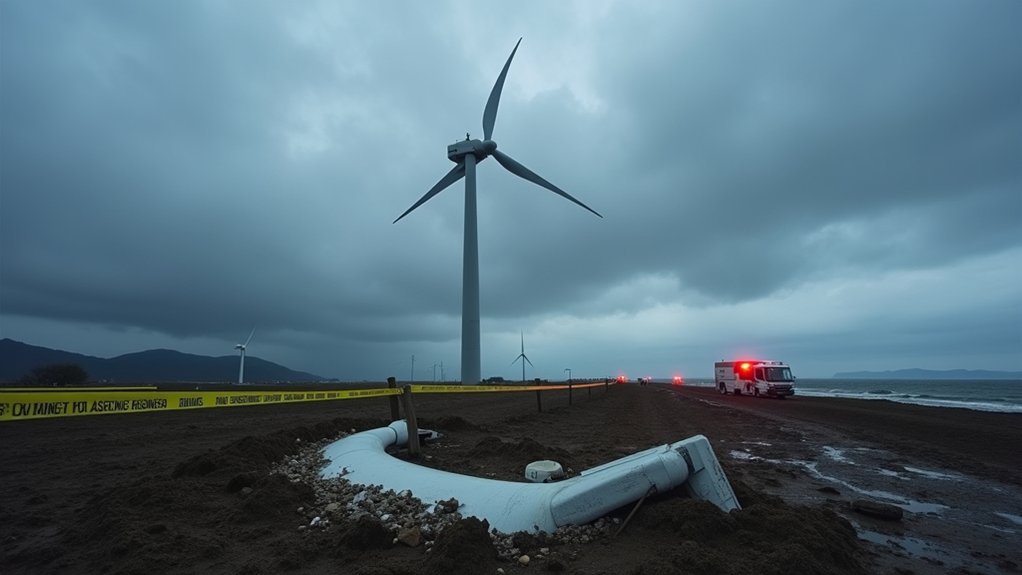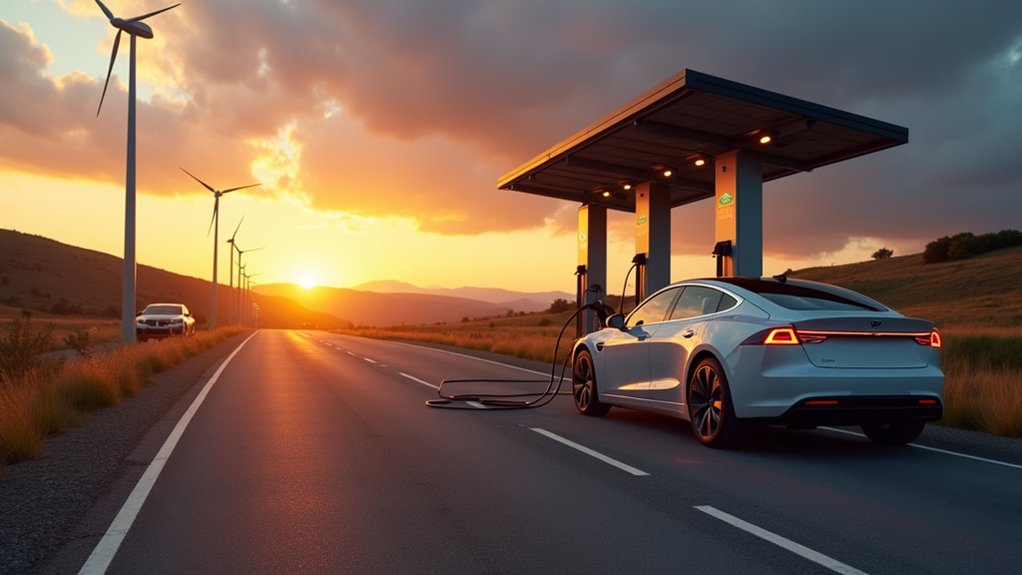The surging adoption of electric vehicles is reshaping global oil markets with increasingly measurable effects on petroleum prices. With global EV sales projected to hit 10 million by 2025 and the current fleet approaching 58 million vehicles worldwide, the impact on oil demand has become significant. EVs currently displace over 1.3 million barrels of oil daily—a 30% increase from 2023 levels—creating downward pressure on fuel costs contrary to what some fuel companies assert.
Certain petroleum industry players claim EVs are driving petrol prices higher, but market evidence points in the opposite direction. U.S. gasoline prices are forecast to decrease approximately 3% in 2025, partly attributable to EV-related demand reduction. The displacement effect remains relatively modest compared to total global consumption, yet the trajectory is unmistakable. By 2030, EVs could eliminate demand for over 5 million barrels daily, with China accounting for half this reduction.
Despite industry claims, EVs are actually pushing gas prices down as they steadily reduce global oil demand.
Regional adoption varies dramatically. China leads with electric vehicles comprising one-tenth of all cars, while Europe follows with a one-in-twenty ratio. The United States lags considerably, with projections suggesting EVs will reach only 25% of light vehicles by mid-century. These geographical discrepancies create uneven effects on fuel markets. The impressive 15% sales surge in 2025 demonstrates accelerating market acceptance despite regional variations.
When fuel companies blame EVs for price increases, they’re generally misdirecting consumers from more influential factors. Price fluctuations remain mainly tied to crude oil markets, OPEC production decisions, and geopolitical tensions rather than electric mobility trends. Oil remains necessary for producing byproducts like asphalt and other petroleum-derived materials beyond transportation fuel.
Refining capacity constraints and supply chain disruptions typically explain short-term price spikes more effectively than competition from EVs. Heavy-duty electric vehicles are now emerging as a significant factor, with projections showing they will displace nearly 1mb/d of oil demand within this decade.
Industry forecasts increasingly suggest oil demand could peak earlier than previously expected, creating strategic challenges for traditional fuel providers. Many are diversifying investments toward alternative energy solutions while adapting business models for markets with declining petrol demand.
Despite persistent consumer concerns about charging infrastructure and upfront costs, the gradual shift toward electrification continues to accelerate, inexorably altering the petroleum pricing landscape.









